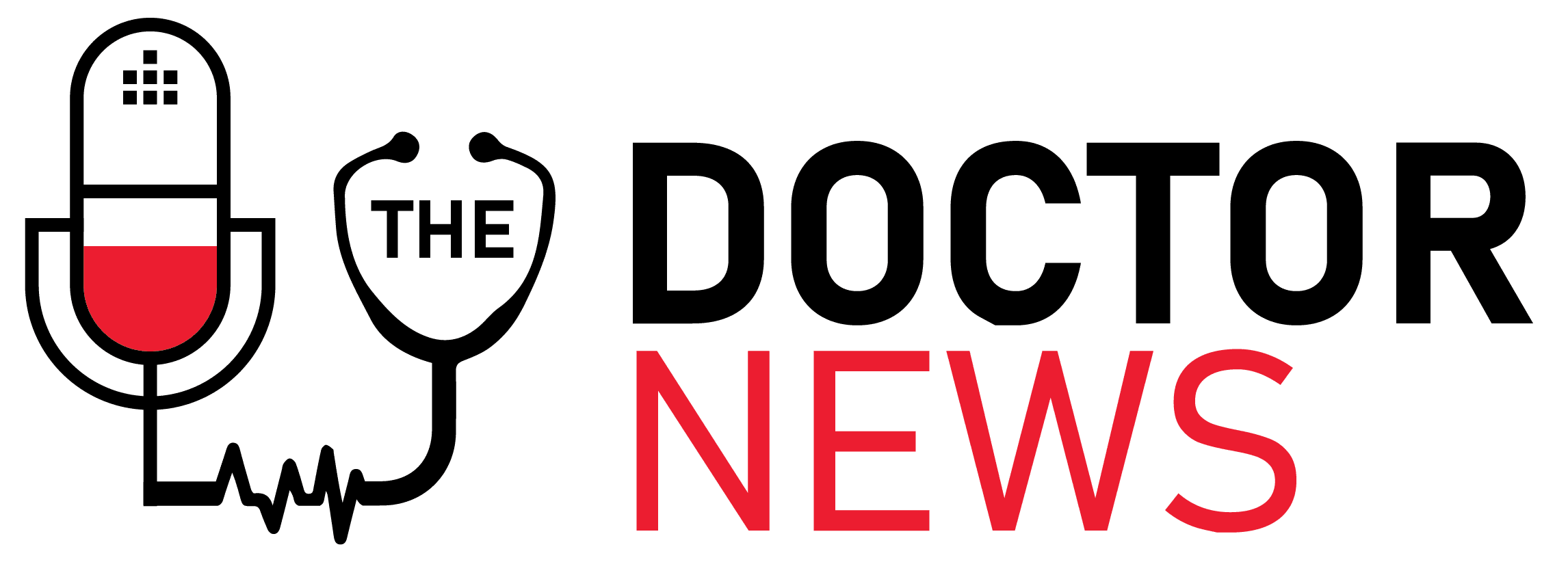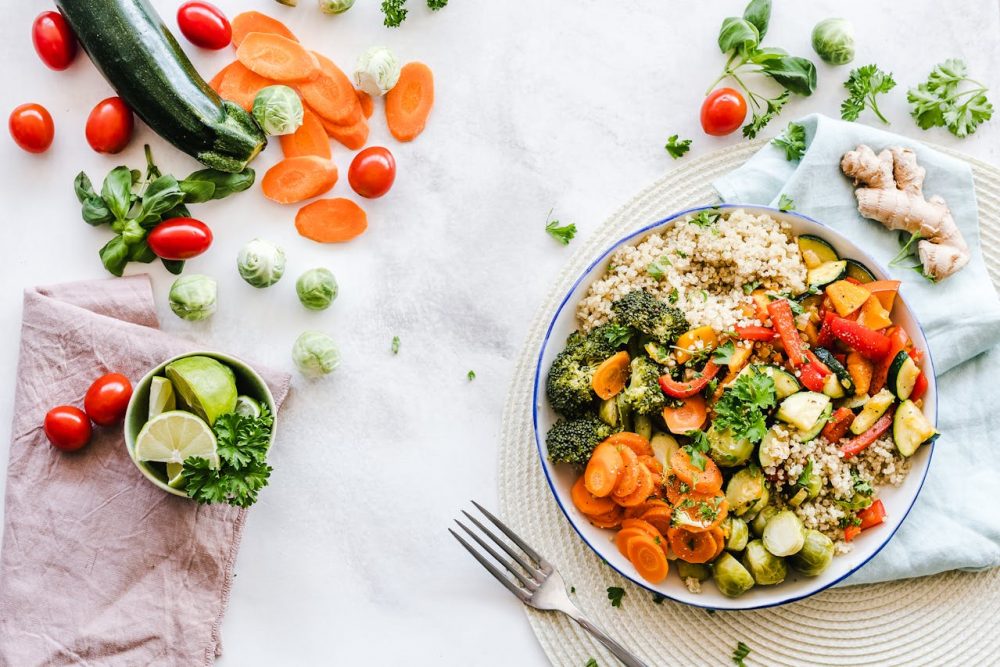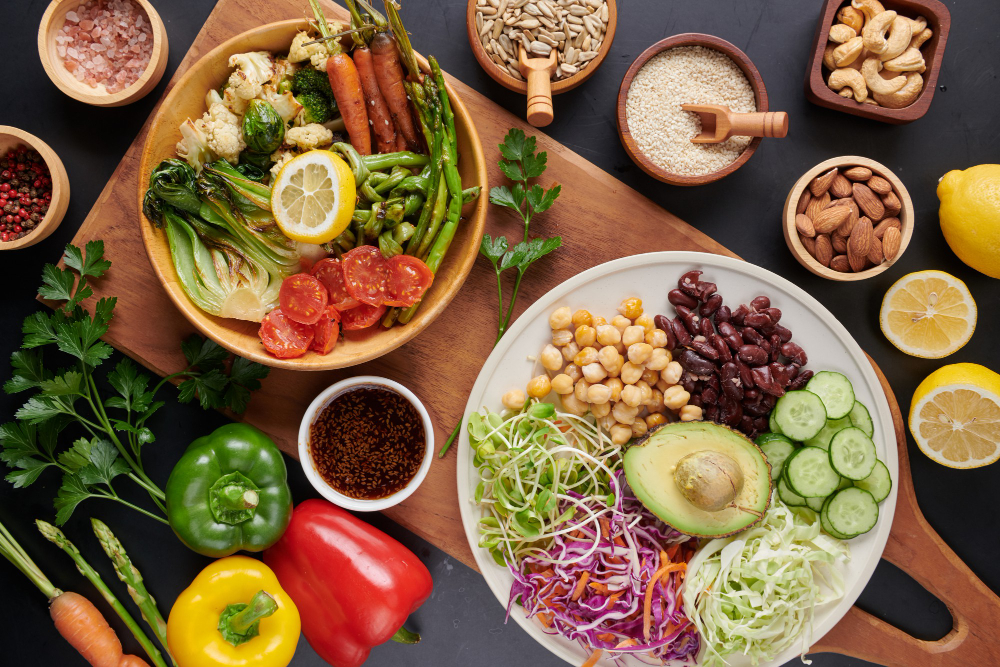Adopting a vegan diet can have numerous health and environmental benefits; however, it can also be challenging for some individuals to stick to. For those looking for alternative dietary options that align with their values and lifestyle, there are several options available. From plant-based diets to reduced meat consumption, a variety of diets offer similar benefits to a vegan diet without requiring strict adherence. Here are some similar options to a vegan diet:
Vegetarian Diet
A vegetarian diet is similar to a vegan diet but includes dairy and eggs. People who follow this diet avoid all animal-derived products, including meat, poultry, fish, and seafood.
Pescatarian Diet

HEATHER ALEXANDER/ GETTY IMAGES | There’s no way around the fact that eating too much red meat and processed meat can increase your risk of cancer
A pescatarian diet is a form of vegetarianism that allows for the consumption of fish and seafood. People who follow this diet do not consume any other animal-derived products.
Flexitarian Diet
A flexitarian diet is a flexible form of vegetarianism that allows for occasional meat and poultry consumption. This diet emphasizes plant-based foods and is suitable for people who want to reduce their meat consumption but find it difficult to follow a vegan or vegetarian diet.
Plant-Based Diet
A plant-based diet is focused on consuming whole, minimally processed foods such as fruits, vegetables, legumes, whole grains, and nuts. This diet does not necessarily exclude all animal products, but it prioritizes plant-based foods and reduces the consumption of animal-derived products.
Mediterranean Diet
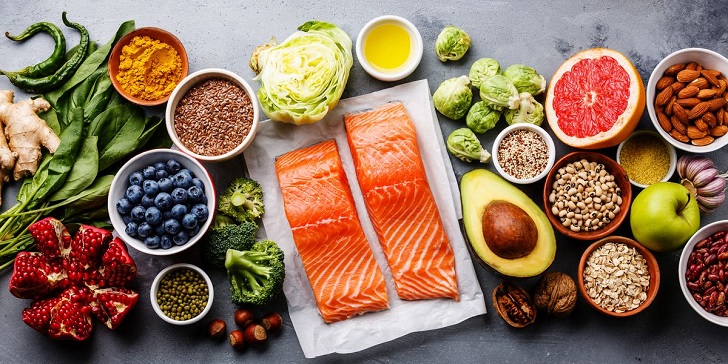
HEATHER ALEXANDER/ GETTY IMAGES | The Mediterranean diet is a mostly plant-based diet
The Mediterranean diet emphasizes the consumption of whole, minimally processed foods such as fruits, vegetables, whole grains, legumes, and nuts. This diet also includes moderate amounts of fish, poultry, dairy, and wine. The Mediterranean diet is considered one of the healthiest diets in the world, and it has been shown to have numerous health benefits, including reducing the risk of heart disease, diabetes, and certain types of cancer.
Pollotarian Diet
A pollotarian diet is a form of vegetarianism that allows for the consumption of poultry but not meat or seafood. People who follow this diet primarily consume plant-based foods and poultry and avoid other animal-derived products.
Reduced Meat Diet
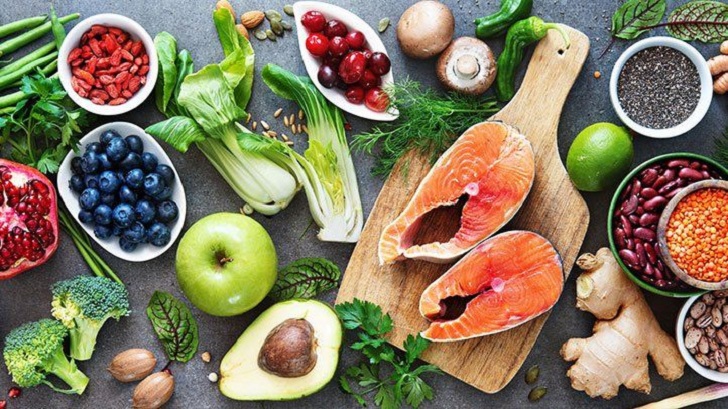
Alex Raths/ iStock | The health-related benefits of vegetarian diets are well-documented
This type of diet involves reducing meat consumption but not necessarily eliminating it altogether. It can also be tailored to specific dietary needs and personal beliefs, allowing for certain meats or animal products to be consumed.
Omnivorous diet
The omnivorous diet is a diet that includes both animal and plant-based foods. It is the traditional diet that has been practiced by humans for thousands of years and is the most common type of diet globally. An omnivorous diet includes a variety of foods from all food groups, including meat, dairy, eggs, vegetables, fruits, grains, and legumes.
Unlike a vegan diet, which eliminates all animal products, an omnivorous diet allows for the consumption of animal products in moderation. The exact composition of an omnivorous diet may vary depending on cultural and personal preferences, but it is typically balanced and provides a wide range of nutrients to support overall health and well-being.
Regardless of which diet you choose, it is important to make sure that it is well-balanced and meets your nutritional needs. It is always best to consult with a registered dietitian or healthcare professional to determine the best diet for your individual needs.
